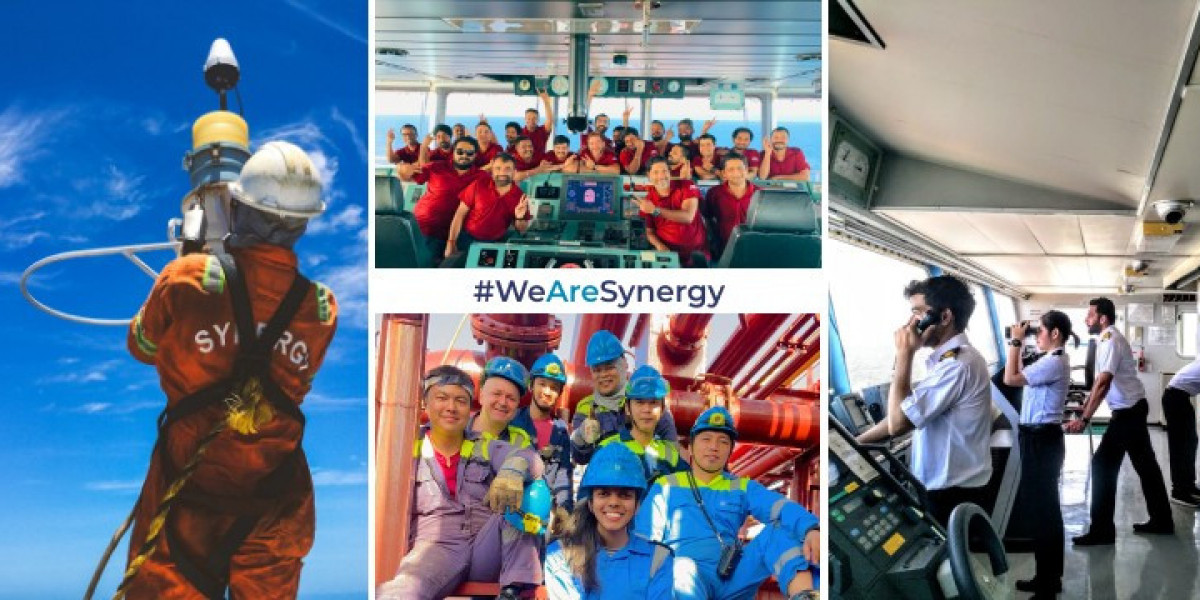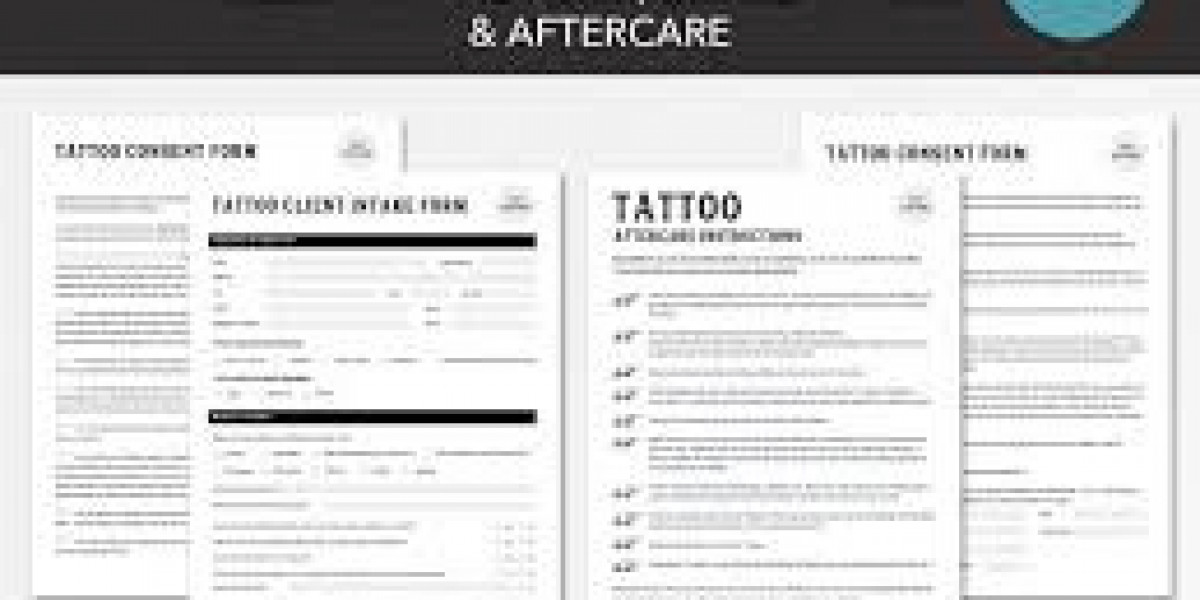In today’s evolving regulatory landscape, EU ETS (European Union Emissions Trading System) compliance has become a critical focus for industries, especially the maritime sector. As the global push toward reducing greenhouse gas emissions intensifies, the maritime industry is no exception. Understanding the nuances of EU ETS compliance, its implications for the maritime sector, and how organizations like Synergy Marine Group play a crucial role in meeting these regulatory demands can significantly aid stakeholders in navigating this complex terrain.
What is EU ETS Compliance?
The European Union Emissions Trading System (EU ETS) is the cornerstone of the EU's strategy to mitigate climate change by reducing greenhouse gas emissions across various sectors. Implemented in 2005, the EU ETS creates a market for carbon credits, essentially allowing industries to trade emission allowances based on the amount of CO2 they emit. This market-based approach incentivizes companies to reduce their emissions by making it more cost-effective to do so.
Compliance with the EU ETS means adhering to the regulations set forth under this system. The shipping industry, one of the key sectors impacted by this, is now bound by stringent rules to ensure that it meets emissions reduction targets. For shipping companies operating within or trading with the European Union, understanding and complying with these regulations is not just a legal obligation, but a crucial step toward achieving a sustainable and future-proof business model.
The Role of Synergy Marine Group in EU ETS Compliance
As one of the prominent players in the maritime industry, Synergy Marine Group understands the critical importance of EU ETS compliance. The company provides comprehensive services that support shipping businesses in adhering to these regulations. From ensuring accurate carbon emission reporting to optimizing fleet operations for emissions reductions, Synergy Marine Group offers valuable expertise in navigating the complexities of the EU ETS.
1. Emissions Monitoring and Reporting
A significant component of EU ETS compliance is accurate monitoring and reporting of greenhouse gas emissions. Shipping companies must track their emissions in accordance with EU standards and submit periodic reports. Synergy Marine Group assists in this process by providing advanced tools and systems to monitor emissions in real time. This ensures that companies remain compliant with EU regulations, avoiding penalties and minimizing their carbon footprint.
2. Carbon Management Strategies
To stay ahead in the competitive maritime industry while adhering to EU ETS compliance, companies need to implement effective carbon management strategies. Synergy Marine Group works closely with clients to develop strategies aimed at reducing overall emissions. This could involve adopting energy-efficient technologies, optimizing routing to reduce fuel consumption, and investing in alternative fuels, all of which help shipping companies meet their emissions reduction targets and stay compliant with EU ETS regulations.
3. Navigating Regulatory Changes
EU ETS compliance is not a static set of rules; it evolves with changing environmental goals and regulations. Synergy Marine Group’s deep industry knowledge allows it to stay ahead of any regulatory changes that may affect its clients. This proactive approach ensures that shipping companies are always in compliance with the latest amendments to the EU ETS and are well-prepared for future regulatory developments.
4. Sustainable Shipping Solutions
Beyond compliance, Synergy Marine Group takes a broader view of sustainability. The company understands that embracing environmental responsibility is not only a legal requirement but also a business opportunity. By providing sustainable shipping solutions, Synergy Marine Group helps clients reduce their environmental impact, enhance their brand image, and potentially reduce operating costs through energy-efficient practices.
The Challenges of EU ETS Compliance in the Maritime Sector
The maritime industry faces several challenges in meeting EU ETS compliance. One of the primary challenges is the difficulty in accurately measuring emissions, particularly on older vessels with less advanced technology. Additionally, the cost of implementing cleaner technologies, upgrading fleets, and ensuring consistent monitoring can be a financial burden, especially for smaller operators. However, companies like Synergy Marine Group are bridging this gap by offering tailored solutions that are both cost-effective and technologically advanced.
Why EU ETS Compliance Matters for the Future of Shipping
EU ETS compliance is not just about meeting regulatory requirements; it plays a fundamental role in shaping the future of the maritime industry. With an increasing focus on sustainability, adhering to these standards can enhance a company's reputation, open up new business opportunities, and contribute to the global effort to combat climate change.
Shipping companies that take proactive steps toward EU ETS compliance are not only minimizing their environmental impact but also positioning themselves as leaders in an industry that is undergoing significant transformation. By partnering with experts like Synergy Marine Group, shipping companies can ensure that they not only comply with the EU’s emissions trading system but also thrive in a more sustainable and competitive marketplace.
Conclusion
As EU ETS compliance becomes a defining factor for businesses in the maritime sector, organizations like Synergy Marine Group are playing a vital role in guiding and supporting the industry toward a more sustainable future. By providing comprehensive emissions management services and helping companies navigate regulatory complexities, Synergy Marine Group ensures that its clients are well-equipped to meet the demands of the European Union’s emissions trading system. Through innovative solutions and expert guidance, Synergy Marine Group helps the maritime industry embrace a greener, more sustainable future while maintaining compliance with EU ETS regulations.







